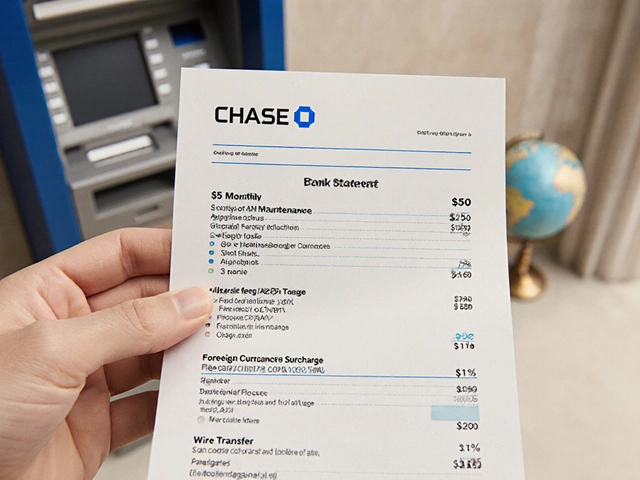Qualifications: Understanding Eligibility in Indian Finance
When working with Qualifications, the set of requirements that determine whether you can access a financial product or service. Also known as eligibility criteria, it guides banks, lenders, and investors in deciding who qualifies. A common companion is Credit Score, a numeric representation of your creditworthiness based on past borrowing behavior. , which often serves as the first gatekeeper for credit cards, loans, and even high‑interest fixed deposits.
Qualifications are more than a checklist; they are the bridge between your financial goals and the products that can help you reach them. In India, the most visible qualification is a good credit score, but regulators also demand KYC, Know Your Customer documentation that verifies your identity, address, and income source. . Without completed KYC, banks cannot open savings accounts, issue credit cards, or approve mutual fund investments, even if your credit score is stellar. Another layer of eligibility comes from product‑specific rules – for example, senior citizens may qualify for higher fixed‑deposit rates, while non‑resident Indians need to clear FATCA and RBI guidelines before buying mutual funds. These three pillars – credit score, KYC, and product‑specific rules – form the core of the qualification ecosystem.
Why Qualifications Matter Across Financial Products
Understanding how qualifications intersect with product design helps you avoid surprises. Take Capital One’s 6‑Month Rule: the credit card only offers the promotional APR after you have held the card for six months without a missed payment, and you must meet a minimum credit score to qualify. This rule requires both a solid credit history and disciplined repayment, illustrating the semantic triple [Credit Card] requires [Good Credit Score] and [Timely Payments]. Similarly, the 70/30/10 money rule for stock investing assumes you have enough liquid assets to allocate 70% to stable stocks, 30% to growth picks, and 10% to cash reserves – a rule that encompasses [Asset Allocation] includes [Liquidity Assessment] and [Risk Tolerance].
Eligibility also shows up in niche areas like gold loans. Lenders assess your gold’s purity, the loan‑to‑value ratio, and your credit score before approving the loan – a chain of conditions where [Gold Loan] depends on [Gold Purity] and [Borrower Credit Score]. In the NRI mutual‑fund space, qualification hinges on completing KYC, providing a PAN, and satisfying RBI’s NRE/NRO account requirements. The rule set influences [NRI Investment] through [Regulatory Compliance] and [Document Verification].
All these examples share a common thread: qualifications act as the gatekeepers that align your personal financial profile with the product’s risk framework. When you know which gates you need to pass, you can plan your actions – boost your credit score, gather the right documents, or adjust your asset mix – before you even apply. That proactive approach saves time, reduces rejection rates, and often lands you better terms, whether you’re hunting for a credit‑card bonus, a high‑yield FD, or a low‑interest home‑loan EMI.
Below you’ll find a curated list of articles that break down each qualification type in detail. From decoding the 6‑Month Rule for credit cards to mastering KYC for NRI mutual‑funds, the posts cover practical steps, real‑world examples, and quick checklists. Dive into the collection to see how mastering qualifications can unlock smarter borrowing, investing, and saving strategies tailored to the Indian market.

Understanding the 3 Key Requirements for Earned Income Credit
Navigating the maze of tax credits can be daunting, but the Earned Income Credit (EIC) might ease your financial burdens. This article breaks down the three fundamental requirements to qualify for EIC, making it approachable and understandable. Learn who’s eligible, how your income affects qualification, and critical insights about the filing status criteria. By understanding these elements, you ensure you’re not missing out on a potentially significant tax saving opportunity.
View More



